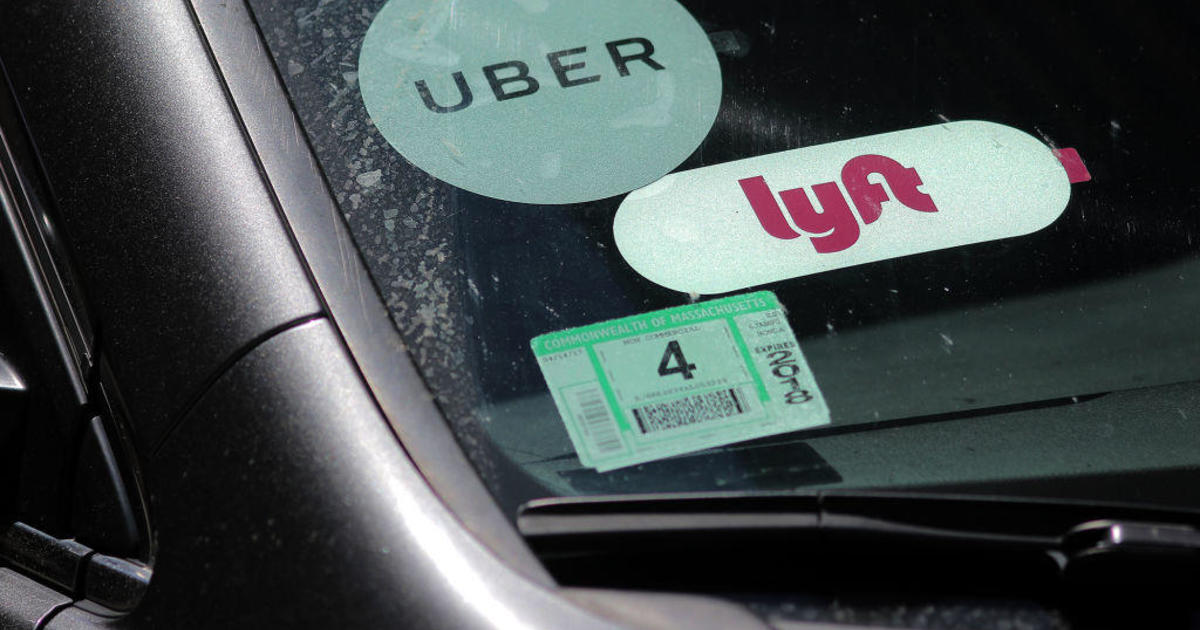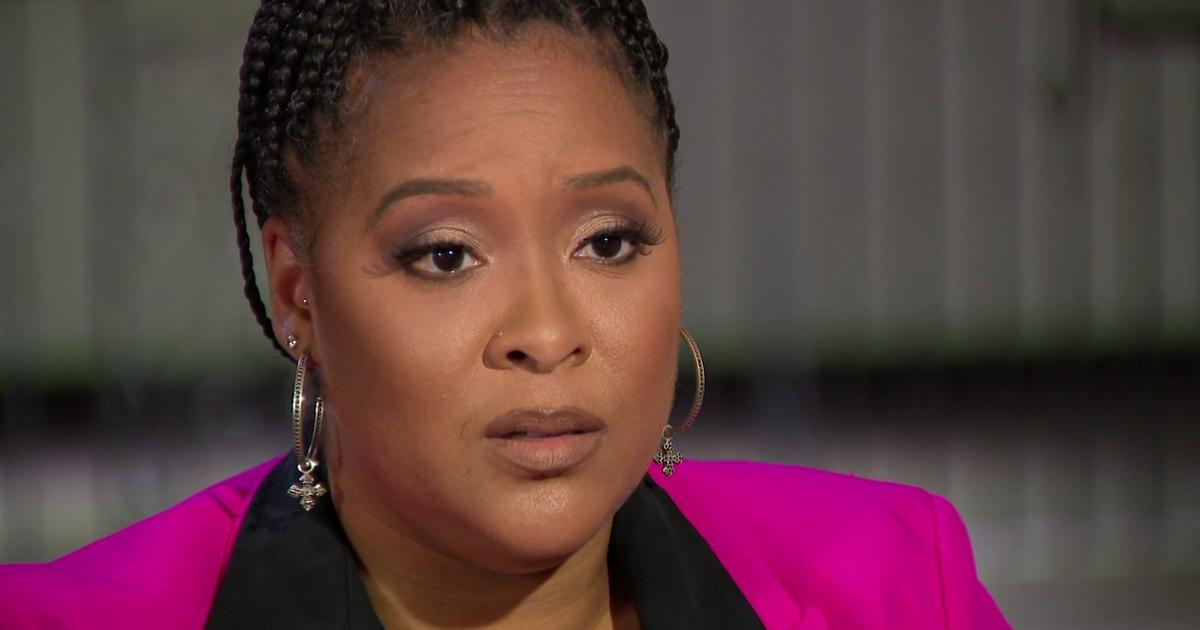A Look At Minnesota's Role In The 19th Amendment
MINNEAPOLIS (WCCO) -- Tuesday marks the 100th anniversary of the 19th Amendment, giving women the right to vote.
It was 62 years between when Minnesota became a state, and the country said the right to vote shall not be denied on account of sex.
Kate Roberts is the senior exhibit developer at the Minnesota Historical Society.
"Every two years, women went to the legislature with petitions asking to have suffrage added to the ballot," Roberts said. "Occasionally they'd get a little traction. A male legislator, because all legislators were male at this point, would take interest, would try to push them through. Sometimes they'd make it through the House, but not the Senate, or vice versa. And then the women would start over."
In 1875, Minnesota women were allowed to run and vote for school boards.
"And you think to yourself, 'Just school boards?' But in 1876, that's a big deal. You have to remember that women are not stepping out in huge numbers into the public sphere yet," Roberts said.
There was, of course, the national movement, but lots of local organizing as well.
"This isn't just an urban movement, rural women, there are working women, there are immigrant women, and there are women of color," Roberts said. "There's the Scandinavian Suffrage Women's Association, and those women are saying look, in our home countries we can vote. We come here, we can't."
There were many Minnesota leaders over the decades, but historians point to two in particular. Julia B. Nelson, a white woman who helped found the Minnesota Women's Suffrage Association, and petitioned every state legislature. And Nellie Francis, an African American woman who founded the Every Woman Suffrage Club in 1914.
"She was interested in suffrage as a means of building civil rights in general for African American women," Roberts said.
Minnesota's was the 15th state legislature to ratify the 19th Amendment. Eleven months later, Tennessee would be the 36th state needed to make it law.
"The 19th Amendment accomplished a great deal, but it left much undone as well," she said. It didn't really clear the roads for African American women."
In many places across the country, that wouldn't happen until the 1965 Voting Rights Act.
And many Native Americans couldn't vote in 1920. Up until 1924, their citizenship was decided on a case-by-case basis.
"There were access issues then as there are now," she said. "It's a key moment in this long history of voting rights, but it's a moment."
The Minnesota Historical Society and the Hennepin History Museum, in partnership with Augsburg University, have exhibits and events centered around this anniversary. Click here for more information.



